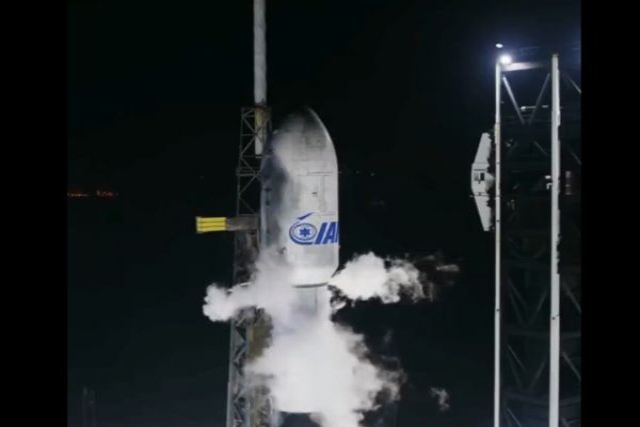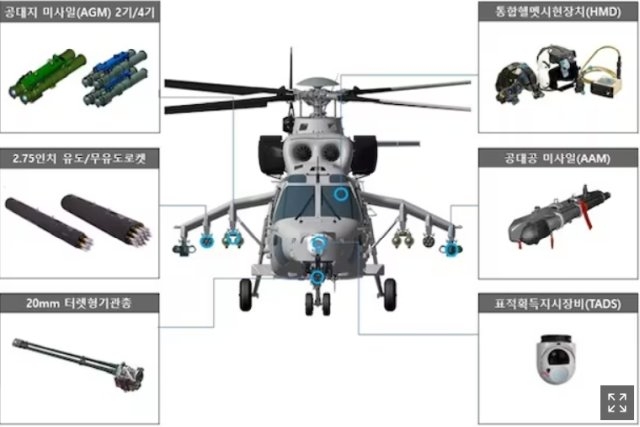BAE Systems wins $ 22 million contract to produce MOLLE equipment for the U.S. Army
BAE Systems has been awarded two contracts valued at more than $22 million to produce Modular Lightweight Load Carrying Equipment (MOLLE) for the U.S. Army. The contracts include various MOLLE compatible items, including both large and medium rucksacks, pockets, and pouches in the MultiCam pattern, as well as medium rucksacks and Tactical Assault Panels (TAP) in universal camouflage. MOLLE is a fully integrated, modular load carrying system that includes vests, backpacks or “rucksacks” as they’re often called, pockets, pouches and hydration systems, all of which are configurable for specific mission requirements. The TAP features an apron-like panel which attaches to the front and sides of a variety of vests, providing soldiers with additional equipment carrying options, as well as the ability to quickly release equipment in emergency situations. The MOLLE contracts, valued at $17.9 million and $4.2 million respectively, are delivery orders issued against an indefinite delivery, indefinite quantity (IDIQ) contract awarded to BAE Systems in August 2006. The most recent awards bring the total, cumulative contract award value to approximately $199 million. “MOLLE provides troops with a completely tailorable and modular system of rucks, pockets and pouches which are designed to improve readiness and efficiency,” said Greg Kraak, Director of U.S. Military Programs for BAE Systems’ Personnel Protection Systems business. “Soldiers deploying to Afghanistan will do so wearing the new Operation Enduring Freedom camouflage pattern (OCP). Also known as MultiCam, OCP provides Soldiers with the ability to better conceal themselves in various environments, seasons, elevations and light conditions, aiding in their mission effectiveness and survivability.”
BAE Systems’ Personnel Protection Systems’ business manufactures MOLLE equipment. Production began in October at company facilities in McKee, Kentucky and Jessup, Pennsylvania, with final deliveries expected to be completed by January 2011.









